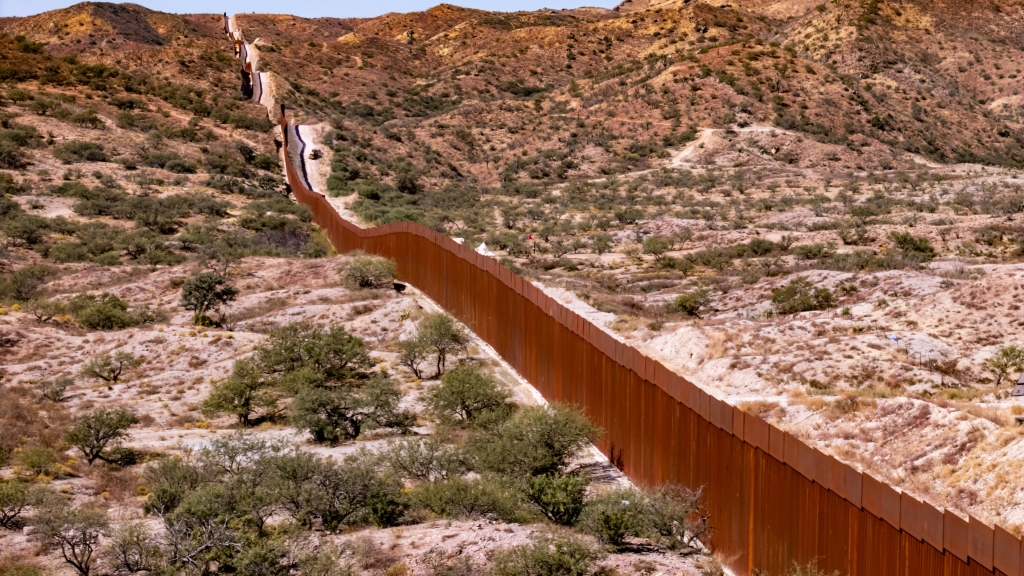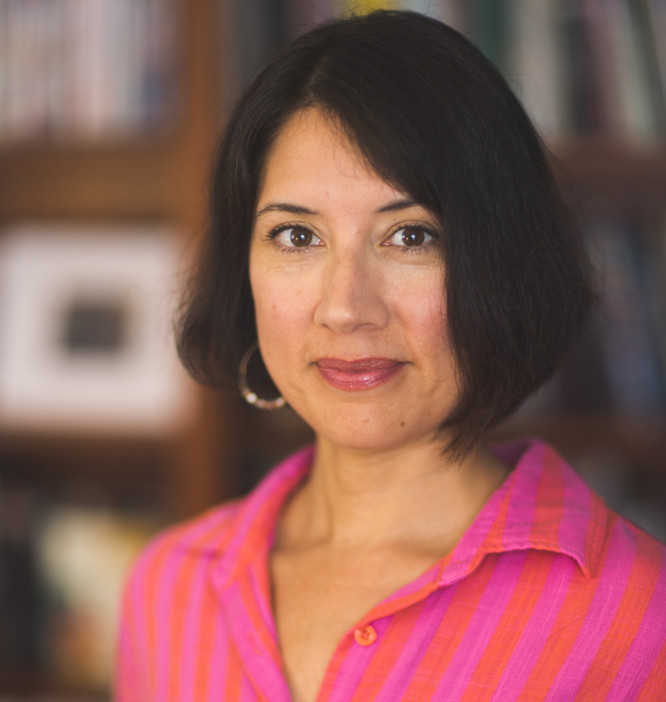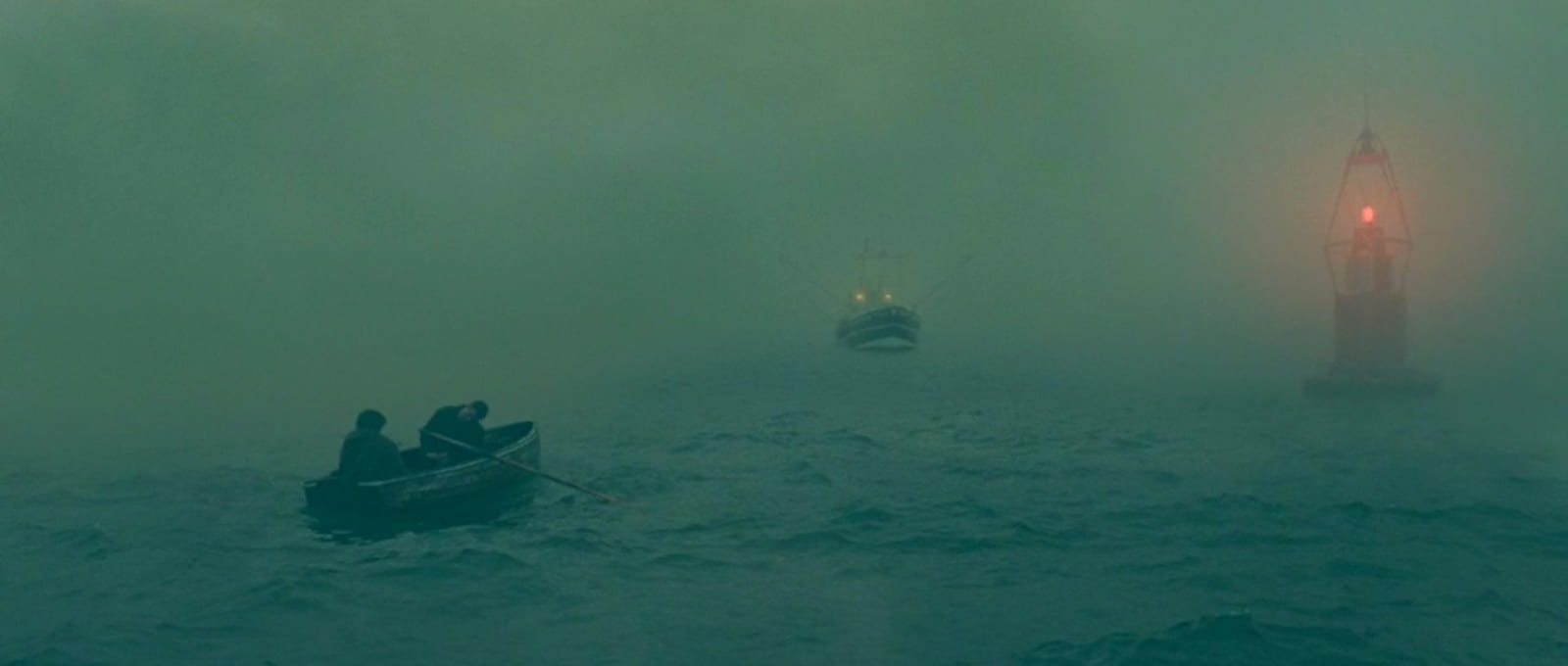Borders and Immigration

Wall between U.S. and Mexico in Arivaca, Arizona (Photo by Nils Huenerfuerst)
Our 2025 Special Topic Series
The Dialogue Project’s new special topic series examines the theme of borders and immigration through the lens of multiple disciplines. Around the globe, pressing political, environmental, and social challenges connect intricately with human migration. From resource scarcity and extreme weather driving movement across borders to political violence forcing millions to flee their homelands, and displaced people grappling with basic human health, the multifaceted study of immigration—and the debate over legal and illegal immigration policies—has never been more timely or complex.
Experts and practitioners from the fields of history, sociology, anthropology, fiction, film, and political policy will lead conversations on key issues through panel discussions, conferences, and courses.
The Dialogue Project offers this special topic series in partnership with the Department of Latin American, Latino, and Caribbean Studies, and will also highlight related courses from across the Arts and Sciences.
Affiliated Courses
Courses across the Arts and Sciences relate to this year’s special topic series, including the following:

“The overwhelming complexity of today’s border dynamics necessitates that we apply an interdisciplinary lens if we are to understand what is at stake for our society and our nation.”
Desirée Garcia, Associate Professor and Chair, Department of Latin American, Latino, & Caribbean Studies
Appreciation of Guestworkers Lunch
Wednesday, August 6
12-2 p.m.
Crossroad Farm
RSVP
This special lunch celebration honors the community’s guestworkers with music from Las Cafeteras and food from The Karibbean. All students, faculty, and staff are welcome to attend.
This event is organized by the Office of Pluralism and Leadership, the Dialogue Project, and the Department of Latin American, Latino, and Caribbean Studies.
RSVP requested.
A Reception and Conversation with Author Héctor Tobar

Tuesday, May 20
4:30-7 p.m.
Caron Hall L02
Héctor Tobar is a Pulitzer Prize-winning journalist and novelist whose work examines the relationship between Latin America, Latino immigrants, and the United States. In his nuanced portrayals of the human experience, he often explores the complexities of identity, culture, and community, weaving together elements of fiction and nonfiction to create rich and thought-provoking narratives.
The Department of Latin American, Latino, and Caribbean Studies and the Dialogue Project co-sponsor a reception from 4:30-5:30 p.m. with a conversation from 5:30-7 p.m.
All are welcome to attend. Registration is requested for the reception.
Migrant Lives: Artists in Conversation
Tuesday, May 6
5–6:30 p.m.
Rockefeller 001

Yehimi Cambrón, Karla Rosas, and Beatriz Yanes Martinez (from top, clockwise)
The Leslie Center for the Humanities presents a public conversation with artists Karla Rosas and Yehimi Cambrón on intergenerational skill-making knowledges and the embodied practices of fabric making. Poet and curator Beatriz Yanes Martinez, a PhD student in American studies at New York University, will serve as moderator.
Born in Mexico and raised in southeastern Louisiana, Rosas’ work challenges conventional depictions of migration by exploring immigrant experiences beyond linear narratives, documentation, and borders. A visual artist and language justice worker in New Orleans, her art practice encompasses painting, illustration, soft sculpture, assemblage, and embroidery.
Cambrón’s work explores the nuances of ‘undocumentedness’ and its thread in the movement toward collective liberation. Her work institutes a space for immigrants within the South’s dominant racial binary. From her first mural on Buford Highway to her mural at the Mercedes-Benz Stadium, she confronts the idea of who is worthy of public celebration in the home of the largest Confederate monument in the nation.
A poet and curator, Martinez previously served as a curatorial mutual learning fellow at Dartmouth’s Hood Museum of Art. They received their BA in Latin American studies from Carleton College, where their research was supported by the Mellon Mays Undergraduate Fellowship. Their research interests include radical ecologies, histories of extraction, photography, aesthetics of refusal, counter-cartographies, and archives.
If Not Immigrants, Who? Food Labor in the Era of Mass Deportation
Tuesday, April 29
5–7 p.m.
Moore Hall B03 and live stream
Only one-third of farm workers in the United States are U.S.-born, leaving most of our food system reliant on immigrant labor, including a significant number of undocumented workers. President Trump’s initiation of mass deportation raises the question: Who will harvest the crops? This panel will consider the cost of mass deportation to the U.S. food system and explore alternatives to immigrant labor, including proposed expansions of guest worker programs and mechanization. This distinguished panel represents a range of experts, from a local farm owner to an international farm consultant, to scholars and advisors of government agencies and farm justice organizations.
Mexico As Border? Power, Violence, and the Future of U.S.-Mexico Relations
Tuesday, April 1
4:30–6:30 p.m.
Filene Auditorium and live stream
The implementation of restrictive U.S. immigration policies at the U.S.-Mexico border has increasingly depended on the cooperation of Mexico’s ruling Morena Party. An esteemed panel of experts offers an exploration of the Morena Party’s past and the future of the U.S.-Mexico relationship. With President Donald Trump’s greater scrutiny of the alleged traffic of narcotics across the U.S.-Mexico border, how will Claudia Sheinbaum, Mexico’s new president, manage the influence of cartels and defend Mexican sovereignty?
Panelists Alex Aviña (Arizona State University), Benjamin Smith (University of Warwick), Ariel Rodriguez Kuri (Colegio de México) and Adela Cedillo (University of Houston) will publish a dossier with Nexos that discusses how Morena came to power, why it maintains popular support in Mexico, and how it has dealt with challenges created by its neighbor to the north. The dossier constitutes one of the first scholarly assessments of Mexico’s ruling party. This event promises to provide the Dartmouth community a unique opportunity to see U.S.-Mexico relations from the Mexican perspective, and to assess the future of immigration policy under the second Trump presidency and the new Sheinbaum administration.
Children of Cuarón: Speculative Futures Through Cinematic Fiction Conference

Feb. 20-22
Schedule and panelists
Authors, filmmakers, historians, and literary scholars convene for a series of film screenings and panel discussions that explore how speculative fiction in literature and film provides opportunities to discuss some of the most pressing concerns now confronting our global society.
Alfonso Cuarón’s 2006 film Children of Men includes graphic depictions of border spaces and the mass deportation of immigrants, set within a near future in which sterility and environmental crises have hardened political borders and destroyed social bonds. Border crossing, environmental decline, childbirth, and women’s bodies are also themes in Octavia Butler’s novels Parable of the Sower and Parable of the Talents. In these creative works the date in which the “futures” are set has either arrived (Butler’s 2024) or is about to arrive (Cuarón’s 2027), which makes this conference timely for 2025.
Read an Arts & Sciences story about the conference.
Panel Conversation: What Is Mass Deportation?
Monday, Jan. 13, 4-6 p.m.
Filene Auditorium and livestreamed
The Department of Latin American, Latino, and Caribbean Studies hosted a panel of experts to shed light on the U.S. immigration system. Matt Garcia, Ralph and Richard Lazarus Professor of History, Latin American, Latino, and Caribbean Studies, and Human Relations, moderated a discussion featuring University of Illinois historian Adam Goodman, Brown University anthropologist Ieva Jusionyte, and UCLA sociologist Cecilia Menjívar.
Read the Dartmouth News story about this event.